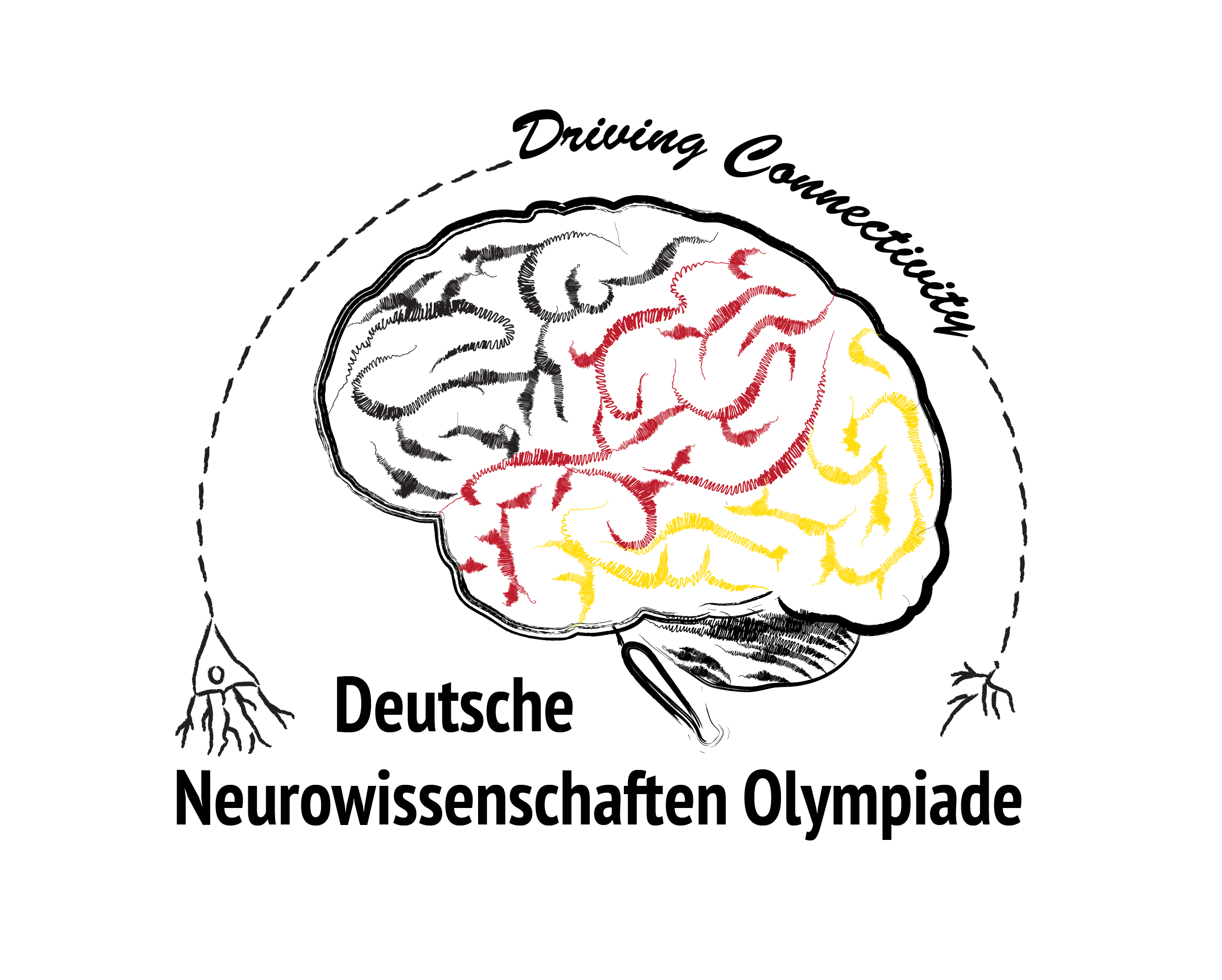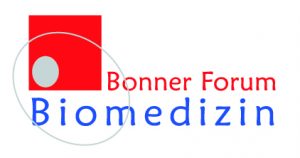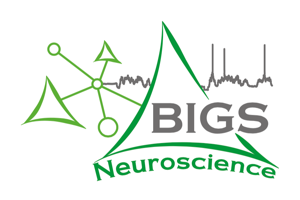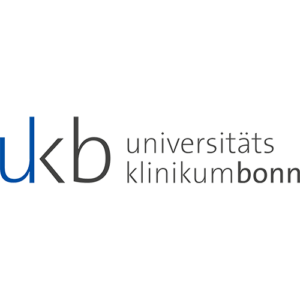Neuroscience beyond the bench
In Bonn, there is a highly collaborative and interdisciplinary neuroscience community connecting basic and clinical research – the perfect prerequisite for the Deutsche Neurowissenschaften-Olympiade.
Bonn – A city strong in neuroscience research
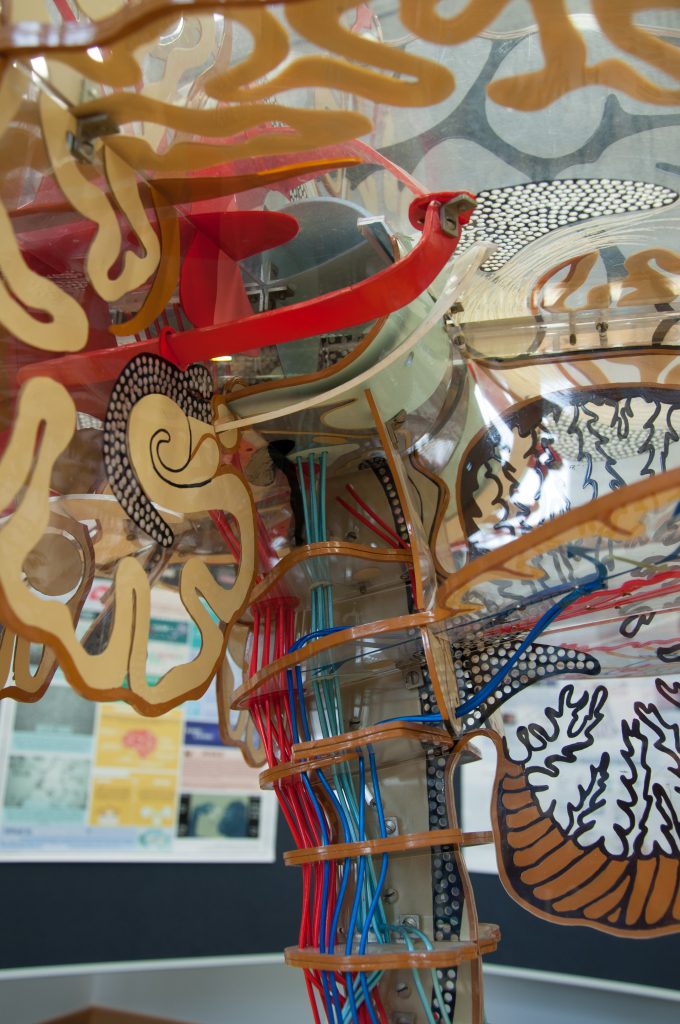
Breath-taking landscapes like the views of the romantic Rhine, castles and hills of the Rhine Valley, peaceful forests and parks, baroque buildings and its international atmosphere make of Bonn a special city. As the home of the UN in Germany it also hosts numerous non-governmental organisations, as well as international scientific institutions and companies, federal ministries and authorities. People from all over the world come to Bonn to work and live. The wide range of events and variety of places for music, arts, sports, nature, food and beer lovers soon make you feel at home.
As scientific region, Bonn offers a wide variety of academic programs offered by the University of Bonn, University of Applied Sciences, and different international research centers. Organizations such as the Helmholtz Association, the German Academic Scholarship Foundation, the German Research Foundation, the German Academic Exchange Service and the Alexander-von-Humboldt Foundation are located in Bonn. These institutions work together to conduct and to sponsor top-level research in the diverse fields of science and technology.
Connect -Join- Participate
We want to meet you! Contact us today to learn more about how we support our local neuroscience community.
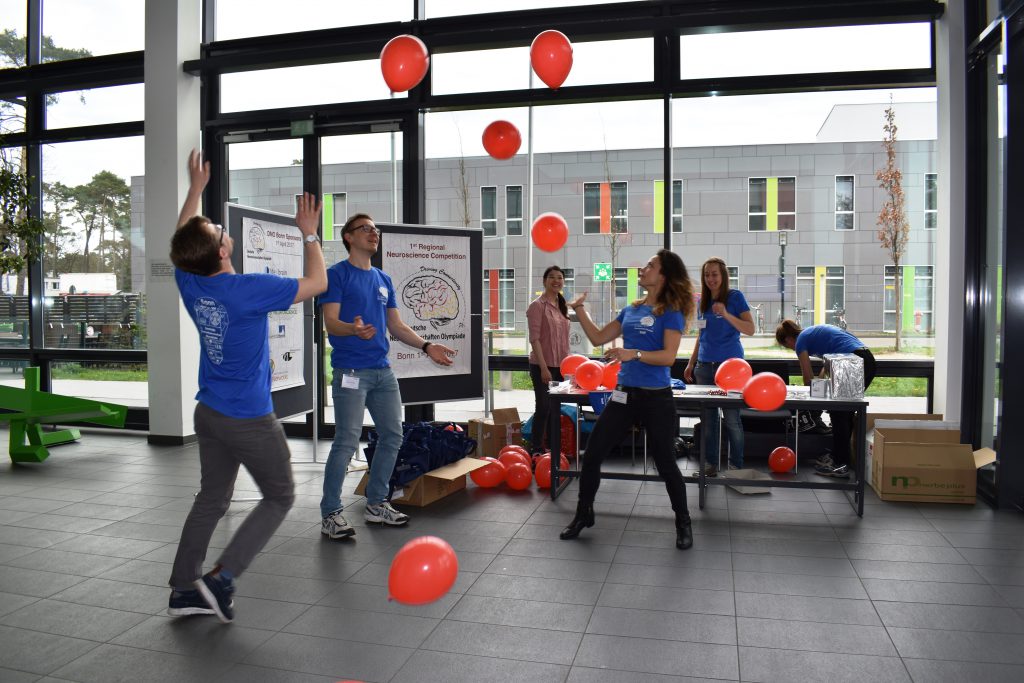
Team Leader
Julia Schlee
General Information
info@bonn.dno-ev.de
registration@bonn.dno-ev.de
Team Members
Aman Maharjan
Carina Beuck
Lea Flitsch
Jessica Kronenberg
Lucas Philipp Reindl
Marion Rozowski
Clara Charlotte Höcker
Lilly Leelaarporn
Edda Krug
Jasmin Aicher
Josefine Liebermann
Sarah Imtiaz
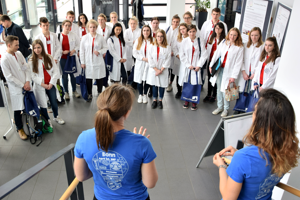
Very large and advanced neuroscience and translational research centers in Bonn are “Max Planck Institute for Neurobiology of Behavior – caesar” (MPINB), “LIFE & BRAIN” and “DZNE”. MPINB’s research focuses on topics of cellular signal processing and neural foundations of behavior. Combining expertise in genomics, transgenics, cellomics and cognitive neuroscience, LIFE & BRAIN represents a center of excellence in the field of translational biomedicine. DZNE is focused on translational neurodegenerative research, exploring diseases of the nervous system, such as Alzheimer or Chorea Huntington, to develop new strategies for prevention, treatment and care. Since 2016 its new building is located in the clinical campus of the University of Bonn and will host the DNO event in 2018. All of them offer a huge variety of post-graduate programs and research positions.
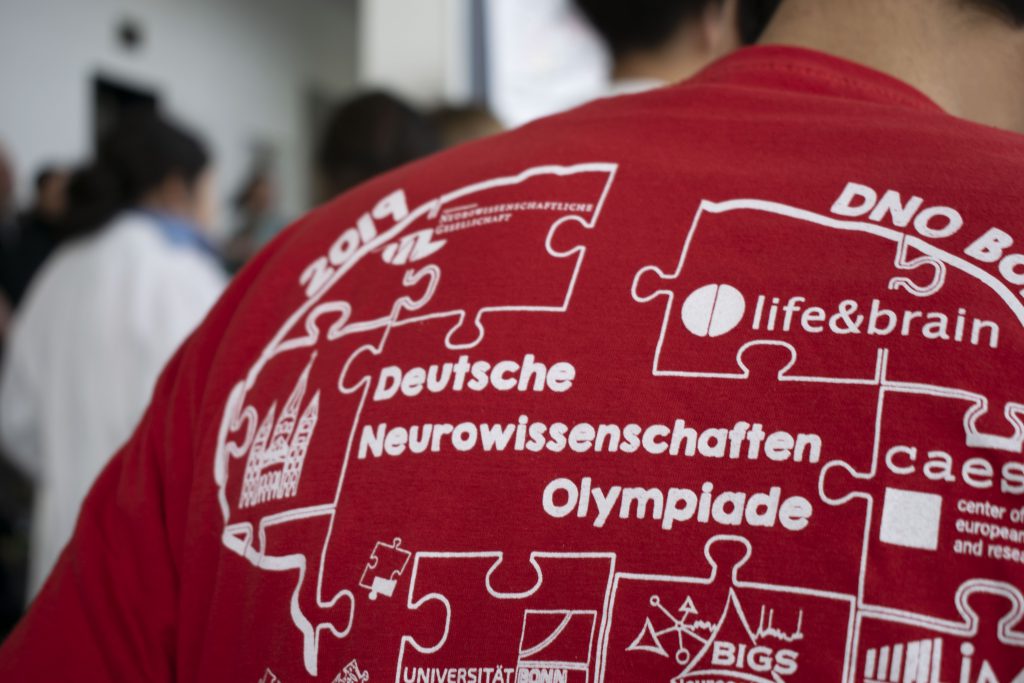
DNO-Bonn e.V. Regional Neuroscience Olympiad
The event is going to take place at the Max Planck Institute for Neurobiology of Behavior – caesar on March 4th. Please see travel directions below. The event program will follow.
Do you want to participate in our next Neuroscience Olympiad?
Click here to register for our event and click here for our study guide materials.
Max Planck Institute for Neurobiology of Behavior – caesar
Ludwig-Erhard-Allee 2
D-53175 Bonn
Travel Directions to the MPINB
By car: At Autobahnkreuz Bonn-Ost (exit 42) continue to Bonn-Bad Godesberg on the A 562. After crossing the Rhine take the exit Bonn Rheinaue (exit 2). Stay left about 1.5 km to MPINB. The institute is located on the left side.
By bus: From Bonn Central Station you can take the bus no. 611 or 610 and get out at the bus stop Rheinaue Süd, Bonn-Hochkreuz. From there it’s a 2min walk to the institute. The bus ticket is approx. 3,00 € one-way. A more detailed bus schedule you can find as well on www.vrsinfo.de
By taxi: The taxi (6 km/10 minutes) costs about 12 Euros from Bonn Central Station.
Local Supporters and Partners
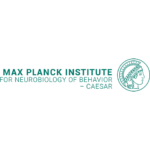
The MPI for Neurobiology of Behavior – caesar (MPINB) in Bonn focuses on basic research in neuroethology. International researchers at the institute study how the collective activity of vast numbers of neurons gives rise to the plethora of animal behaviors. The interdisciplinary research spans from imaging neural circuits at the nanoscale to analyzing neural activity in a freely moving and naturally behaving animal. The MPINB works closely with the University of Bonn and other local research institutes to train the next generation of young scientists in a joint graduate school.
The BFB aims to provided a suitable platform for the exchange of scientific knowledge. Financial support and resources are raised by the University of Bonn, the University Hospital of Bonn, and by the Ministry of Science of North Rhine-Westphalia. With the help of this funding the BFB supports and combines human resources with technical and structural potentials in Bonn.
BIGS Neuroscience is the International Graduate School of Neuroscience at the University of Bonn. It is focused on understanding the molecular and cellular mechanisms underlying complex behavior, and the application of these insights to central nervous system disorders.

The network ibehave aims to define the structure of natural, flexible behaviors and their neuronal implementation. Further more, they want to improve our understanding of the mechanisms of disturbed behavior in common neurological and neuropsychiatric disorders, with the aim of driving innovation and development in diagnosis and therapy.
The mission of NeurotechEU is to build a trans-European network of excellence in brain research and technologies to increase the competitiveness of European education, research, economy and society.
As a major provider of the best possible medical care for both outpatients and inpatients, Bonn University Hospital (UKB) relies on new and innovative methods from the field of medical research. Here, doctors and scientists heal, research and teach at an international level.
